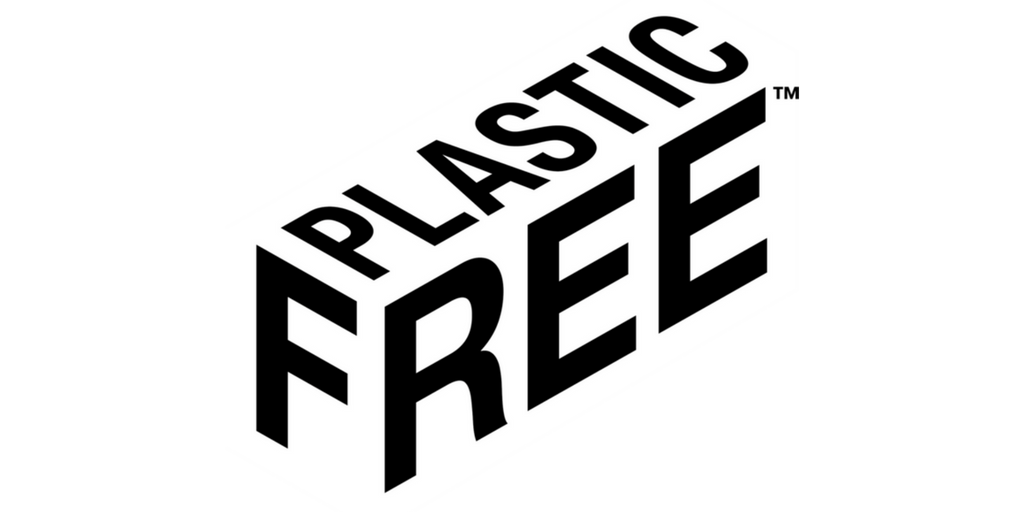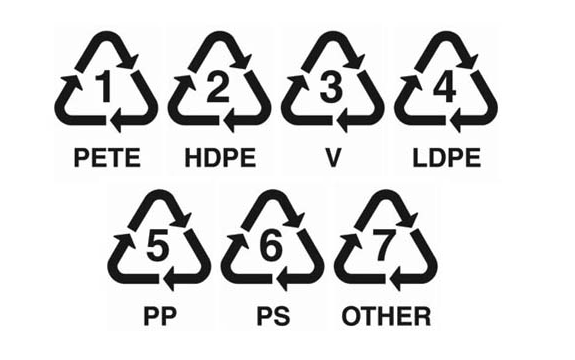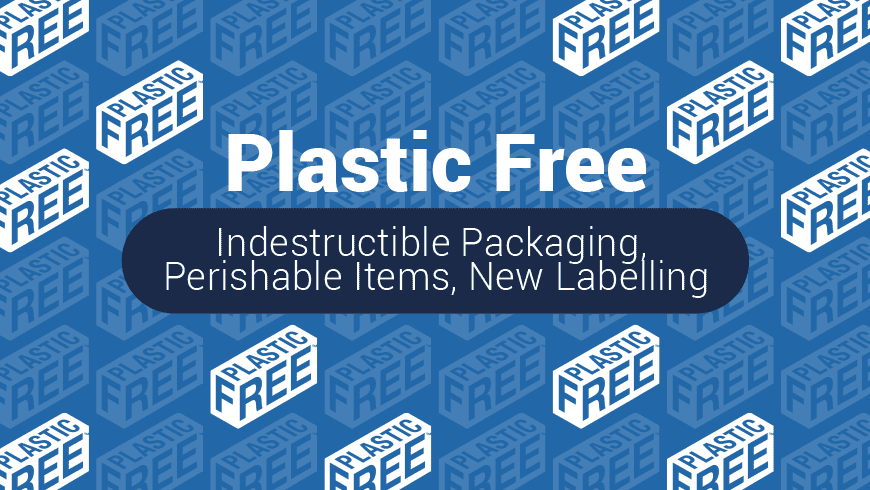There’s a new label hitting the shelves of the UK. Food packaging manufacturers will begin using a new ‘plastic free’ label.
Plastic Free
A Plastic Planet is an organisation set up to ‘turn off the tap’ on plastic production, using four pillars of action – lobbying, education, industry and media. Most recently, they introduced the ‘APP PLASTIC FREE™’ packaging label, and a few supermarkets have got behind them.

Here’s an explanation in their words:
‘In April 2017, A Plastic Planet (APP) launched with a single goal: to campaign for the choice to buy food and drink wrapped in plastic-free packaging. Always consumer facing, The APP PLASTIC FREE™ mark is not an industry mark, but is created to help inform the shopper who wants to buy products without plastic packaging. Recognising the need for crystal clear language that cuts through the confusion of recycling symbols and the green washing of plastics, APP believes in using simple terminology: Packaging either contains plastic, or it is plastic-free.’
Removing conventional plastics from production is their primary agenda. Want to know if your packaging contains a conventional plastic? Look for a triangle with a number inside it, like below:

What is not a conventional plastic?
Pretty much anything, from leather, to diamonds. But in the case of the common materials used for packaging, these are the materials that can bear the PLASTIC FREE mark.
- Aluminium
- Paper, card, carton and cardboard
- Glass
- Bio-material packaging – mushroom, algae, grass, food waste, plant cellulose, wood pulp.
- Rubber
Who has put this new label on their packaging?
Ekoplaza, a chain of supermarkets in the Netherlands, was the first to adopt the labelling, rolling it out across 74 stores in the small European nation. These 74 stores all have a ‘plastic free’ aisle, offering around 700 products that bypass the myth that our products can’t live without plastic packaging. They also have the ‘Ekoplaza Lab’ which is a pop-up store that is entirely plastic-free. Remarkable!
On British soil, just one supermarket has decided to pioneer the PLASTIC FREE labels, and that is Iceland. On any relevant packaging, they will start displaying the label, and the number of items that feature it is set to dramatically increase, due to the supermarket chain making a 5-year pledge to remove single-use plastic packaging from their range.
Richard Walker, Iceland’s Managing Director, said: “With the grocery retail sector accounting for more than 40% of plastic packaging in the UK, it’s high time that Britain’s supermarkets came together to take a lead on this issue. I’m proud to lead a supermarket that is working with A Plastic Planet to realise a plastic-free future for food and drink retail.”
What’s the Enviro Waste take on things?
We are a huge fan of the scheme, it’s got great support so far, and the campaign is well designed, well-intentioned and well worth getting behind. Who knows, this plastic free campaign could be an accelerant for greater things. Other countries in Europe already have plastic free supermarkets, and many more supermarket chains are introducing plastic free shelves, sections, and even aisles.
The manufacturers who work with these supermarkets are going to take a look at what is happening and think ‘Oh, would our lasagna appeal to more consumers if we didn’t plastic wrap it?’, or ‘We are using too much plastic in our packaging when really it’s not necessary. Do bananas need to go in a plastic bag? They are grown with their own packaging!’. It comes full circle to the title of this piece.
Indestructible Packaging, Perishable Items, New Labelling.
Why are we packaging the perishable within the indestructible? There’s some paradox there that we’ve apparently overlooked for half a century. Surely we should package perishables, in other perishables. Bio-material packaging is probably the long-term answer, in conjunction with higher recycling rates for cardboard, glass and metal. Remember, glass and metal are infinitely recyclable and paper can be recycled 7 times. Plastic is not as recyclable and is more harmful to the environment in the long-run. A glass bottle is not going to poison a fish. A piece of cardboard won’t destroy the organs of a defenceless sea creature. Plastic will.
If we can produce strong packaging that can go to the compost bin, the food waste caddy, or the garden waste bin, we are surely onto a winner. In an ideal world, the packaging would simply return to the earth.
Can you be plastic free?
Enviro Waste is one of London’s premium options for compliance, environmental services, recycling and so much more. We are helping many businesses to handle their waste better around London, including by helping them to introduce zero waste policies. Introducing a zero plastic policy is going to be hard, but if you’re serious about doing it, we are a great place to start…
